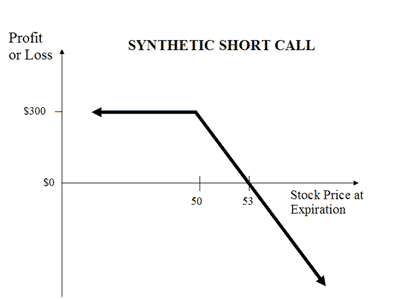Short call option volatility
A short call means the sale of a call option, which is a contract that gives the holder the right, but not the obligation, to buy a stock, bond, currency or commodity at a given price. If an investor thinks the price of the instrument will fall, he can sell short the underlying instrument, as well as the corresponding call option.
Short Strangle (Sell Strangle) Explained | Online Option Trading Guide
While owning the call is protection against a rise in the price of the underlying security, selling the call generates cash while creating potentially unlimited risk. If the price rises, there is unlimited potential for loss unless the seller owns the security, which is referred to as a covered call, or unless the writer uses the sale as part of a broader, complex option strategy.
VXX Short Call (LIVE Closing Trade)The sale of the call without owning the underlying security is referred to as a naked call. A call option is usually written, or sold, at a price above the instrument's current market price. This is because the buyer wants the right to buy at the strike price if the market price moves above that.
The closer the strike is to the current market price, the more expensive it is and the bigger the premium that the writer receives. However, it also has a greater chance that it expires "in the money.
Synthetic Short Call Explained | Online Option Trading Guide
Investors sometimes use the sale of a call to finance the purchase of the underlying security or another option.
A collar is a strategy in which the owner of a security buys a put with a strike that is below the current market price, and sells a call with a strike above current market; both options are thus "out of the money. The sale price is protected on the downside by the purchase of the put, while the investor gives up the potential gain beyond the strike on the written call.
In addition to short call option volatility strike price, the major factors that influence the price of an option are volatility and maturity. High volatility increases the likelihood that any given option will expire in the money, and thus increases its price.
Longer short call option volatility also increases the likelihood that an option will end in the money, and therefore raises the price. Dictionary Term Of Yearly average exchange rates Day. A measure of what it costs an investment company to operate a mutual fund. Latest Videos PeerStreet Offers New Way to Bet on Housing New to Buying Bitcoin?
This Mistake Could Cost You Guides Stock Basics Economics Basics Options Basics Exam Prep Series 7 Exam CFA Level 1 Series 65 Exam. Sophisticated content for financial advisors around investment strategies, industry trends, and advisor education.
Short Call | Naked (Uncovered) Call Strategies - The Options Playbook
What is a 'Short Call' A short call means the sale of a call option, which is a contract that gives the holder the right, but not the obligation, to buy a stock, bond, currency or commodity at a given price. Strike Price A call option is usually written, or sold, at a price above the instrument's current market price.
Options Strategies Investors sometimes use the sale of a call to finance the purchase of the underlying security or another option. Pricing In addition to the strike price, the major factors that influence the price of an option are volatility and maturity. Strike Price Writing An Option Bear Call Spread Option Near The Money Call Ratio Backspread Writer Out Of The Money - OTM Bull Call Spread.
Content Library Articles Terms Videos Guides Slideshows FAQs Calculators Chart Advisor Stock Analysis Stock Simulator FXtrader Exam Prep Quizzer Net Worth Calculator. Work With Investopedia About Us Advertise With Us Write For Us Contact Us Careers. Get Free Newsletters Newsletters. All Rights Reserved Terms Of Use Privacy Policy.
